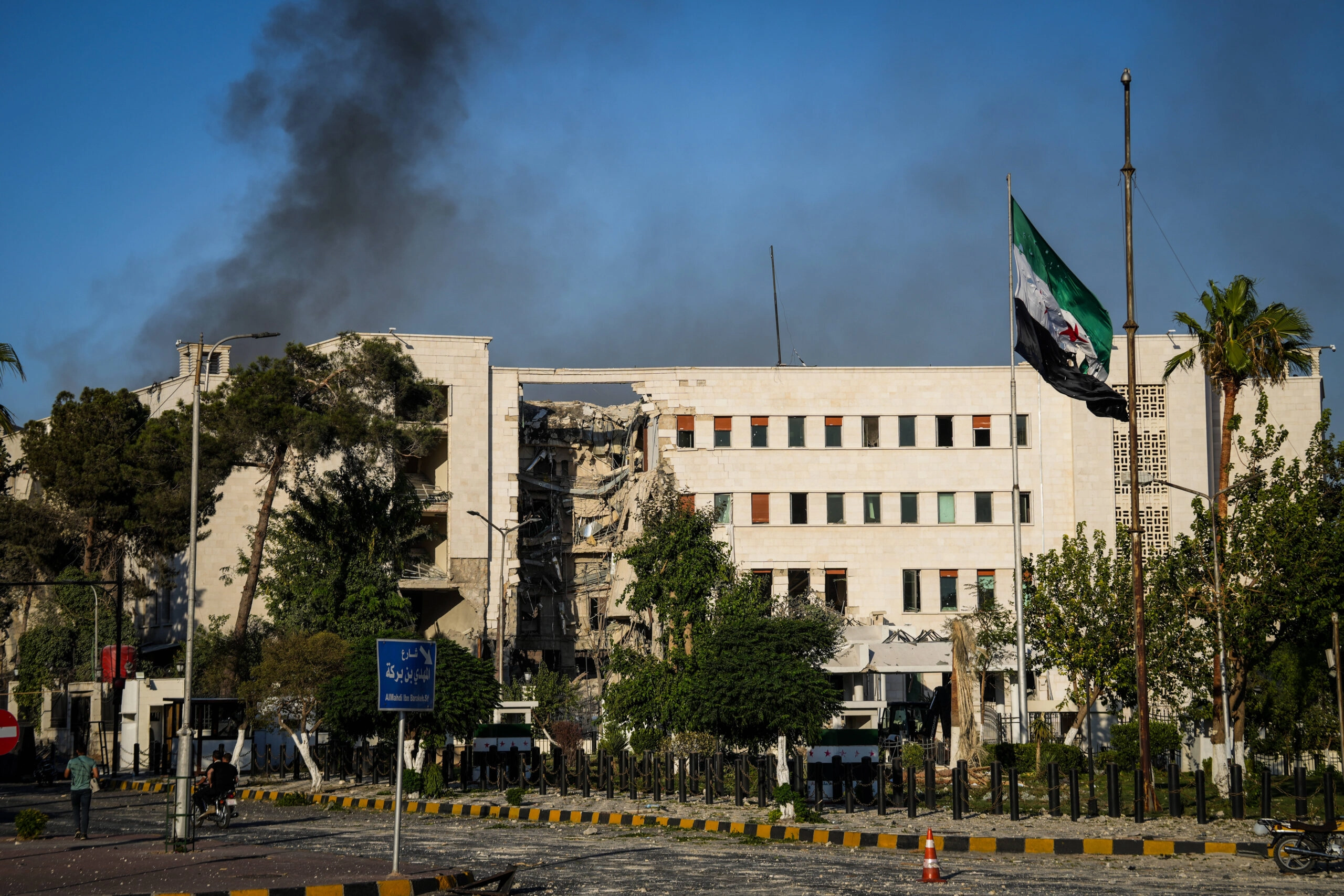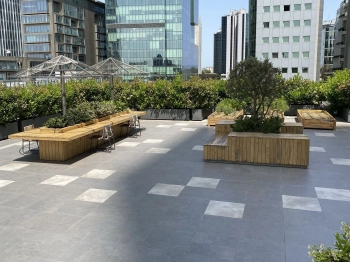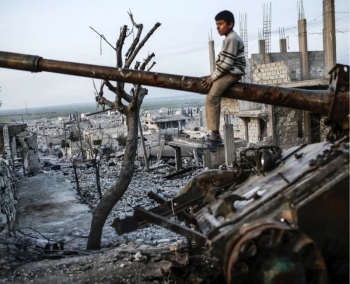How Israeli Attacks on Syria Are Deepening Ethnic Fault Lines Across the Region
What are the long-term consequences of Israel's military strikes in Syria? Why do these attacks risk inflaming ethnic and sectarian tensions beyond Syria's borders? How is the international community responding to this escalating crisis? This article explores the geopolitical ramifications of Israel's ongoing military campaign in Syria and its ripple effects across the Middle East.
The Escalation of Israeli Strikes in Syria
Over the past decade, Israel has conducted hundreds of airstrikes in Syria, primarily targeting Iranian-backed militias and Hezbollah forces. However, the frequency and intensity of these attacks have increased significantly in recent years. According to Turkish Foreign Minister Hakan Fidan, these strikes are not just degrading military capabilities but also exacerbating existing ethnic and sectarian divisions across the region.
A real-world example of this escalation occurred in December 2023, when Israeli airstrikes near Damascus killed a senior Iranian military advisor. This incident triggered retaliatory rocket attacks from Iranian proxies in Iraq, demonstrating how localized strikes can spark regional chain reactions.
Ethnic and Sectarian Fault Lines Under Pressure
Syria's population comprises a complex mosaic of ethnic and religious groups - Arabs, Kurds, Turkmen, Alawites, Sunnis, Shias, and Christians. The ongoing conflict has already strained these relationships, and Israeli interventions are adding new layers of tension. When airstrikes hit areas with mixed populations, they often reinforce existing grievances and create new ones.
For instance, strikes targeting Iranian positions in predominantly Sunni areas have sometimes resulted in civilian casualties, fueling anti-Shia sentiments among local populations. Conversely, attacks near Kurdish regions have impacted Kurdish-Iranian relations, affecting the delicate balance in northeast Syria.
Regional Spillover Effects
The consequences of these strikes extend far beyond Syria's borders. Neighboring countries like Lebanon, Iraq, and Jordan are experiencing heightened sectarian tensions as various groups take sides in the conflict. In Lebanon, Hezbollah has used Israeli actions in Syria to rally support among Shia communities, while Sunni groups view Iran's presence in Syria with increasing suspicion.
A practical example of this spillover occurred in 2022, when Israeli strikes on Syrian targets coincided with political unrest in Iraq, where pro-Iranian militias staged demonstrations against the government's perceived leniency toward Israel.
Humanitarian Consequences and Civilian Impact
Beyond the geopolitical implications, the ongoing airstrikes have created severe humanitarian challenges. Syria's already fragile infrastructure has been further degraded, affecting water supplies, electricity, and medical services. Civilian casualties, though often described as "collateral damage," contribute to long-term trauma and resentment among affected populations.
In 2023, a strike near Aleppo destroyed a vital water pumping station, leaving over 2 million people without reliable access to clean water for weeks. Such incidents disproportionately affect vulnerable groups, including internally displaced persons living in informal settlements.
International Responses and Diplomatic Efforts
The international community remains divided in its response to Israel's actions in Syria. While Western nations often emphasize Israel's right to self-defense against Iranian threats, regional powers like Turkey and Arab states have called for greater restraint and diplomatic solutions. Russia, as Syria's main international ally, has walked a fine line between criticizing Israeli strikes and maintaining working relations with Jerusalem.
A notable diplomatic initiative came from Turkey in early 2024, proposing a regional security framework that would address all parties' concerns. However, the plan has gained little traction amid ongoing hostilities.
The Path Forward: Risks and Opportunities
As the conflict persists, several scenarios could unfold. The worst-case scenario involves a full-scale regional war drawing in multiple state and non-state actors. More optimistic projections suggest that economic pressures might eventually force all parties to the negotiating table.
Practical steps toward de-escalation could include establishing communication channels between Israel and Syria, reviving the Israeli-Syrian peace track, and creating international monitoring mechanisms to verify compliance with any agreements.






